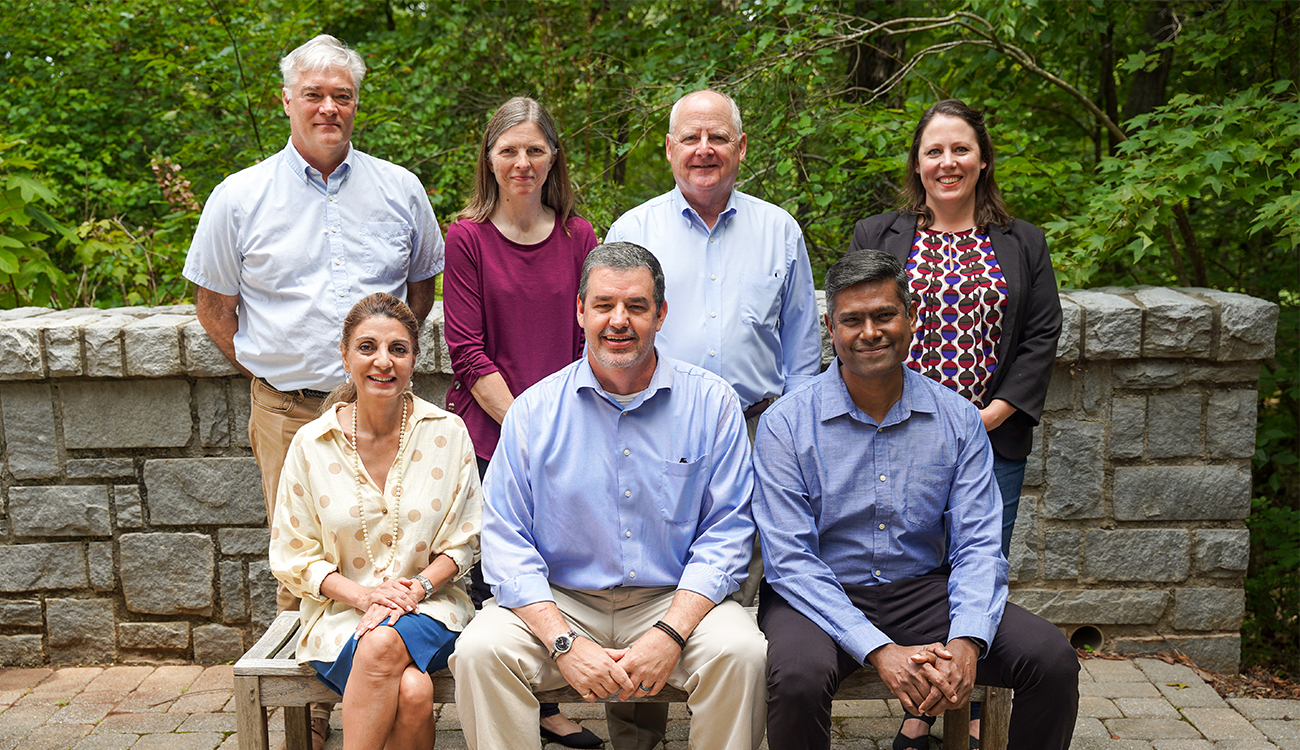In the long term
Perhaps most important for glycoscience in the long run is the third major component of the BioFoundry: education.
“Most people think of carbohydrates in terms of frosting on donuts or how carbohydrates are absorbed nutritionally and converted into energy,” Moremen said. “That is certainly part of the role of carbohydrates in biological systems, but most people are completely naive about the vast collection of other carbohydrate functions. Finally, carbohydrate science needs to be integrated into teaching modules at all levels.”
That’s where co-investigator Erin Dolan comes in. Dolan, the Meigs Distinguished Teaching Professor and Georgia Athletic Association Professor of Innovative Science Education at Franklin College, focuses her research on student learning, development and success. She will lead an initiative to develop educational experiences that further BioFoundry’s mission, such as glycoscience modules for existing chemistry or biology courses, stand-alone courses for undergraduate and graduate students, and hands-on summer courses for beginning students.
“The fact that we completely neglect the sugar chains that affect the functions of all other biological components is deeply problematic,” Dolan said. “When you talk about glycoscience research, you’re talking about the next generation of scientists. How do we build the capacity of this scientific community? You have to think about people, and that’s the perspective I bring: I study people.”
Dolan’s work will initially focus on bringing glycoscience to a level comparable to the other elements of biology in undergraduate and graduate education, but she also wants to have a long-term impact on grades 1-12 curricula by trying to make carbohydrate science a fundamental aspect not only of science education but also of science teacher training.
“I don’t think any of us can imagine going into high school classrooms and taking over the curriculum,” Dolan said. “But think about where teachers take their science courses: They take them as students, here at UGA or at their colleges across the country. If we can ensure that future teachers have access to this information, we can have a much greater impact on high school education than if we just focus on classrooms in Athens.”
“If we listen to others in our field, including our key collaborators at BioFoundry,” Wells said, “if we provide resources to labs through research and technology development, if we provide educational materials at all levels, if we work closely with industry to provide new tools, if we provide better and more rigorous education, and if we bring all of this together, we will make some exciting discoveries that will lead to commercial applications in bioengineering, biomaterials, biomedicine and bioenergy, and will also expand the knowledge of glycans in classrooms and research labs around the world.”

